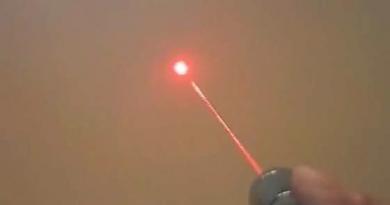Weaning from a pacifier is an important stage in a child's life. Each kid goes through it in his own way, depending on temperament and habits, the level of physical and psychological readiness. It is important for parents to carefully consider the characteristics of their child and choose the appropriate way to wean from a pacifier without unnecessary stress.
The role of the pacifier in the life of an infant
The sucking reflex is formed in an infant before birth - children, while in the womb, suck their thumb. This is a natural process that helps the digestive system form and prepare for eating immediately after the baby is born. Sucking for a newborn is immediately inextricably linked with comfort and safety at the mother's breast, satiety and peace.
When sucking on a pacifier, the child is distracted from external irritating factors, calms down. A sense of security helps him cope with the stress that comes with knowing the outside world. Therefore, the habit of a pacifier is developed very quickly, many babies without it cannot feel comfortable and fall asleep normally. But if a child falls asleep well without a pacifier in the first weeks of life, you should not accustom him to this “universal sedative”.
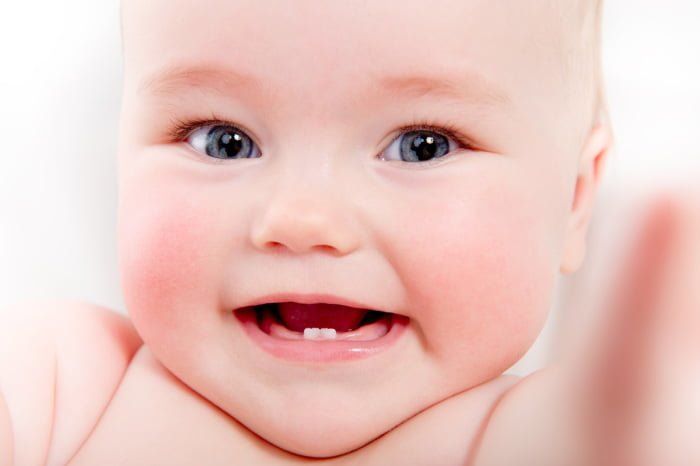
A pacifier often becomes a "lifesaver" for mothers if it is difficult for them to calm a baby who is worried about abdominal pain or cutting teeth. The sucking reflex is one of the main ones in every healthy child, and babies unconsciously pull everything that comes up into their mouths - their own fingers, the edge of the diaper, toys. To reduce the risk of infection entering the child's body, it is easier to give the baby a nipple and keep it clean, regularly rinse the nipple with boiled water.
Dummy harm
A baby who is used to a pacifier is less naughty and falls asleep faster, which allows the mother to spend more time on her own rest and recuperation after childbirth. But it is important to wean the child from the pacifier in time to protect it from some problems.
If the baby sucks the pacifier intensively, without letting it out of the mouth both in sleep and during wakefulness, this can lead to crooked teeth and form an abnormal bite. In the case when a child uses a pacifier only to calm down before going to bed, the risk of such problems is practically eliminated.
When a child reaches one and a half years, it is recommended to consult a pediatric dentist to determine whether immediate action should be taken to wean the baby from the pacifier. Please note: if a baby without a pacifier experiences severe discomfort, he may learn to suck his thumb, and this is a habit that is detrimental to the proper growth of teeth and is difficult to get rid of.
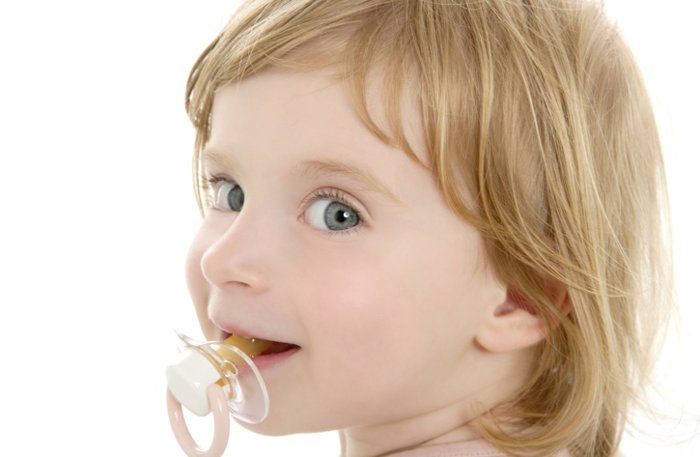
Carefully observe the behavior of the baby, the pace of development, socialization. Excessive attachment to a pacifier at the age of two years is an indicator that the baby feels uncomfortable in the world around him and needs additional protection. At the same time, pacifier sucking often hinders the development of a child's communication skills with other children and adults.
Emergency measures to wean from a pacifier are required if the baby is diagnosed with problems with speech, hearing, and also if the child is already three years old. Accustomed to the nipple, children often grow up uncommunicative, they are less interested in the outside world, in comparison with their peers.
Choose a method
There is no universal instruction for weaning children from a pacifier. Each child requires a universal approach, taking into account the nature and habits. Most babies are ready to wean themselves from a pacifier from the age of one and a half. Some children lose interest in a pacifier as early as a year old, and someone cannot part with it even at the age of three.
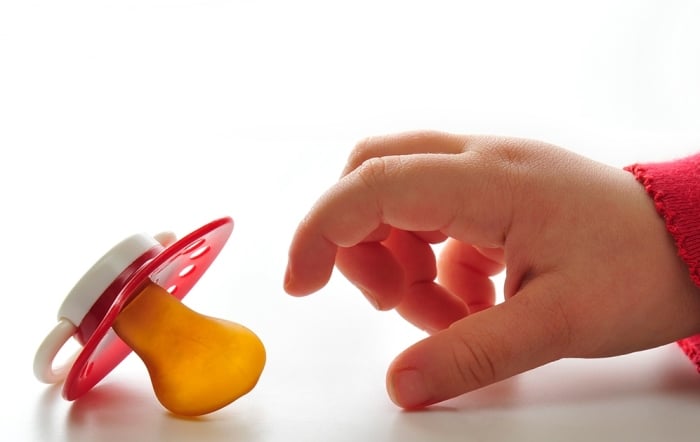
Parents feel the moment when the child becomes psychologically and physically ready to calm down and fall asleep without a pacifier. It is important to help him get rid of the infantile habit of sucking the pacifier before bedtime, without causing harm to the psyche. Recommendations for weaning babies from a pacifier can be divided into two categories: gradual weaning and abrupt weaning.
How to gradually wean the baby from the "universal sedator"
The gradual weaning technique is better suited for babies from six months to a year, but for two-year-old children, the recommendations work effectively. Pay attention to the psychological climate in the house - the child needs to feel comfortable and safe so that pacifier sucking becomes a simple habit, and not the only way available for the baby to relieve nervous tension.
- During weaning, do not give a pacifier to the child to calm him down. Put the pacifier in the crib in the usual place so that the two-year-old knows that he can use it before daytime or nighttime sleep. For the rest of the time, the pacifier must be removed from the baby's access area.
- To divert attention from pacifier sucking while awake, spend as much time as possible with your baby, actively occupying his attention. Talk about the environment, giving the opportunity to touch objects with different textures, play, sing along with the child.
- Do not take a pacifier with you when you go out for a walk. Spend maximum time outdoors, playing outdoor games, looking at plants and other objects of the outside world. Avoid using a pacifier when bathing in the bath - a new toy for playing in the water will help switch the attention of a two-year-old baby.
- Don't give a pacifier while watching cartoons. So that the child does not act up, sit down to watch a cartoon with him, comment on what is happening on the screen - when the child "turns on" in the process, he forgets about the nipple.
- During weaning from the pacifier, surround the baby with special care, do not scold him, do not spank him. The absence of unnecessary stress will help the child easily give up the habit of sucking on the pacifier.
- If your baby needs a pacifier before bed, put a pacifier and a soft toy in the crib. Agree to “put to bed” the toy and the pacifier so that the pacifier lies nearby, but is not used for its intended purpose. Children relax well and fall asleep to the sound of their mother's voice - read or tell fairy tales to the child, sing lullabies.
- Be sure to be around until the baby finally falls asleep. If he habitually puts the pacifier in his mouth, make sure that the child is sleeping, take it out and put it next to him. Do not leave your baby to sleep with a pacifier in his mouth.
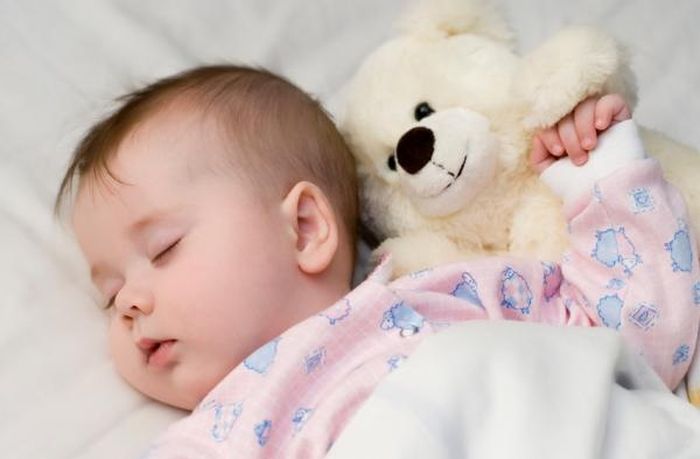
The main principle of smooth weaning from the pacifier is to quietly remove the "lifesaver" in all situations where the child can do without it. Switching the baby's attention to interesting activities, you should gradually increase the periods of time spent without a dummy. The child gets used to doing without the “universal sedative” and loses interest in the nipple.
If your baby enjoys sucking on the pacifier, poke holes in the nipple with a thick needle or cut off the tip. Children tend to refuse a pacifier that does not give them the usual tactile sensations. You will be able to convince the baby that the pacifier is “broken”.
Do not smear the nipple with mustard or other unpleasant-tasting substances - this will cause stress in the baby, which it is difficult for him to cope without a pacifier. In addition, there is a risk of developing allergies or digestive disorders.
Sharp weaning
It is recommended to sharply wean a two-year-old child from a dummy after the baby has weaned from the bottle and is used to drinking from a cup. Giving up a habitual pacifier is stressful for children, so the stability of the usual routine is important.
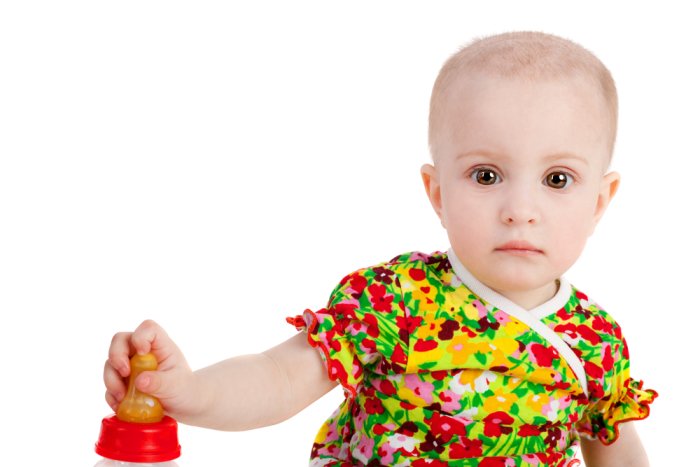
Abrupt weaning should not coincide with the period of mastering the potty, getting used to kindergarten, moving the family to a new place of residence, etc. It is important that the child agrees to part with the pacifier.
- You can plan a game-ritual farewell to the pacifier. Warn the two-year-old in advance that a magical fairy flies to the grown children at night, who takes the pacifier and leaves a gift. The kid will have time to mentally prepare for the disappearance of the pacifier, his interest will switch to waiting for a gift.
- So that the child does not fix attention on the discomfort from the absence of a pacifier, for the first weeks do not let him get bored and sad, actively communicate with the child.
- Putting to bed, give a soft toy with you, make sure that the child does not suck his thumb. Hold your baby by the hand while he falls asleep to a fairy tale or a song.
- During the day, the habit of sucking the nipple will help to compensate for playing the pipe, blowing soap bubbles through a straw. Let the baby gnaw apples, drink juice or milk through a straw.
With a sharp weaning, it is important not to give up and not return the nipple, if he is capricious, refuses to go to bed. You have to go through this stress. But in any case, do not scold or punish the baby, only a sense of comfort and safety will help him forget about the habit of sucking a pacifier.


